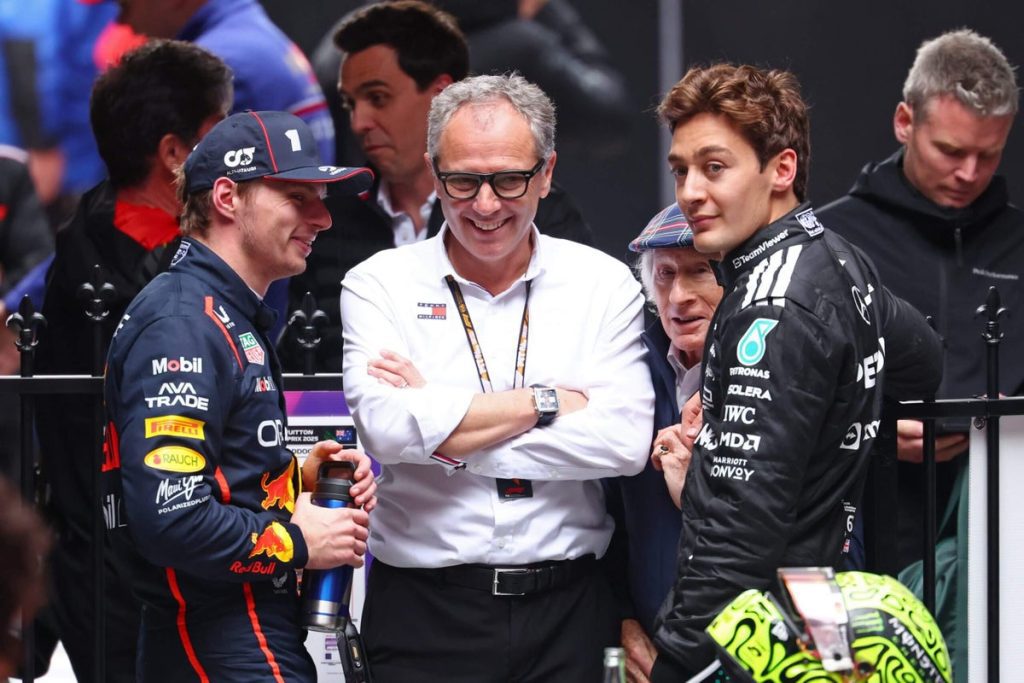Formula One’s Race Calendar Plans
Formula One has confirmed that it does not intend to exceed its current limit of 24 races per season, but it anticipates incorporating two or three events on a rotational basis due to rising interest from emerging markets.
Stefano Domenicali, CEO and president of F1, recently discussed his journey from attending school in Imola to leading the sport in an extensive interview with The Athletic.
Sunday’s Emilia-Romagna Grand Prix at Imola was especially significant for Domenicali, yet it may be the last visit to this Italian track for some time, as it is set to be removed from the calendar by 2026. A new venue in Madrid will take its place, and without a new contract for Imola, F1 is likely to maintain its cap of 24 races.
The Concorde Agreement, which governs the relationships between F1, the FIA, and the teams, accommodates up to 25 races a season, but Domenicali emphasized that F1 will stick to 24 races moving forward. “Realistically, 24 is the right number,” he stated, noting the adjustments made over the past few years.
Although the expanded calendar has led to increased revenue from hosting fees and allowed F1 to showcase more countries each season, it has also intensified the pressure on drivers, teams, and the overall paddock environment. Max Verstappen voiced concern last year about the sustainability of a 24-race schedule, a sentiment echoed by other drivers. Domenicali, however, believes the current pace is manageable and not as arduous as in the past.
Looking ahead, F1 plans to introduce more rotating events, with the confirmed omission of the Belgian Grand Prix at Spa for 2028 and 2030. Other European races, including those in Barcelona and Imola, may also participate in this rotation, aimed at attracting new locations while maintaining established long-term contracts with existing venues.
Domenicali highlighted the ongoing interest in expanding into new markets, particularly in Asia, where there are proposals for potential races, including a street race in Bangkok. He emphasized the need to create engaging narratives to connect with different cultures, thereby enhancing the global appeal of Formula One.



